Related Research Articles

Grand Bay is an unincorporated community and census-designated place (CDP) in Mobile County, Alabama, United States. It is part of the Mobile metropolitan area. The population was 3,460 at the 2020 census.
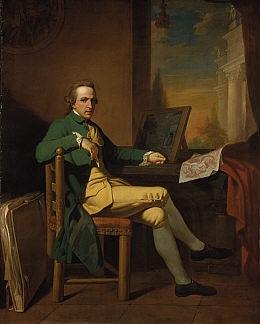
David Allan was a Scottish painter, limner, and illustrator, best known for historical subjects and genre works.

Allan Ramsay was a prominent Scottish portrait-painter.

Allan Ramsay was a Scottish poet, playwright, publisher, librarian, and impresario of early Enlightenment Edinburgh.
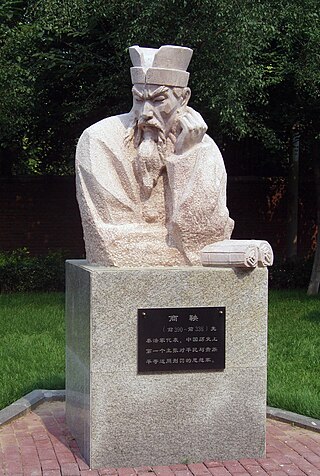
Legalism, or Fajia, is one of the six classical schools of thought in Chinese philosophy. Literally meaning "house of (administrative) methods / standards ", the Fa "school" represents several branches of "men of methods", in the West often termed "realist" statesmen, who played foundational roles in the construction of the bureaucratic Chinese empire. The earliest persona of the Fajia may be considered Guan Zhong, but more proper early "Legalism" can be traced to Zichan and Deng Xi(545-501 BC). Following the precedent of the Han Feizi, Warring States period figures Shen Buhai and Shang Yang would commonly be taken as its actual "founders."
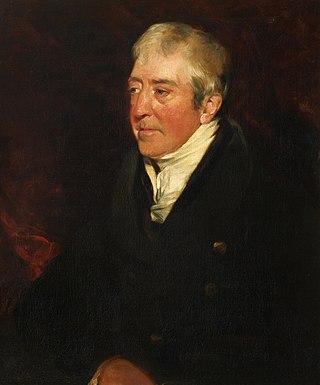
Alexander Nasmyth was a Scottish portrait and landscape painter, a pupil of Allan Ramsay. He also undertook several architectural commissions.
Shen Dao was a Chinese philosopher and writer. He was a "Chinese Legalist" theoretician most remembered for his influence on Han Fei with regards to the concept of shi 勢, though most of his book concerns the concept of fa 法 more commonly shared among "Legalists". Compared with western schools, Shen Dao considered laws that are not good "still preferable to having no laws at all."
Cador was a legendary Duke of Cornwall, known chiefly through Geoffrey of Monmouth's pseudohistorical Historia Regum Britanniae and previous manuscript sources such as the Life of Carantoc.
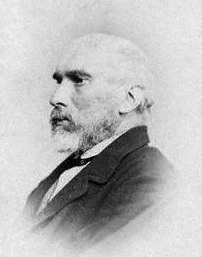
Sir William Stirling-Maxwell, 9th Baronet, KT, FRSE was a Scottish historical writer, art historian and politician.

The Church of Scotland was one of the first national churches to accept the ordination of women. In Presbyterianism, ordination is understood to be an ordinance rather than a sacrament; ministers and elders are ordained; until recently deacons were "commissioned" but now they too are ordained to their office in the Church of Scotland.

Allan Glen's School was, for most of its existence, a local authority, selective secondary school for boys in Glasgow, Scotland, charging nominal fees for tuition.
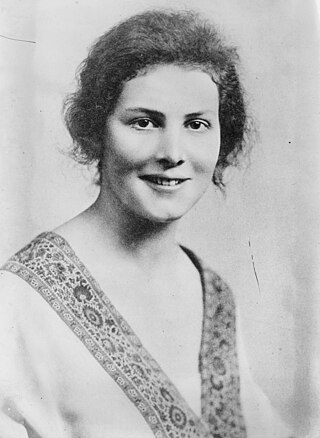
Ishbel Allan MacDonald was the daughter of Prime Minister of the United Kingdom, Ramsay MacDonald and his wife Margaret MacDonald née Gladstone. Margaret's death in 1911 – a year after their son David had died – left Ramsay a single father to his remaining five children. When, in 1924 he came to power as Prime Minister of the country's first Labour Government, it was Ishbel, as the eldest daughter, who her father decided should be his hostess at 10 Downing Street. At just 20 she became the youngest person ever to take on the role.
Nationality words link to articles with information on the nation's poetry or literature.

Margaret Lindsay was a member of the Scottish Clan Murray and the eldest daughter of Sir Alexander Lindsay of Evelick. She was a member of the Clan Lindsay, which joined the '15 Jacobite rising. In 1752, she married the artist Allan Ramsay, later becoming the subject of several of his works.
Plenderleith is a Scottish feudal Crown barony comprising approximately one half of Oxnam Parish, Roxburghshire, in the vicinity of Kelso, Scottish Borders. The earliest references to the estates of Plenderleith date to 1175, when John de Plenderleith witnessed a charter in lands in Teviotdale during the reign of William the Lion. By the mid-13th century, the lands of Plenderleith were held by Nicholas de Prendrelathe, lay abbott of Jedburgh Abbey. In 1292, the estates passed to his daughter, Johanna, the wife of Sir John Wishart (Wishard/Wischarde/Whyssard/Wyssard).
Arthur "Art" George Bragg was an American sprinter who competed in the 1952 Summer Olympics.
James Hubert Ramsay, 17th Earl of Dalhousie,, styled Lord Ramsay between 1950 and 1999, is a Scottish peer, courtier and landowner. He is chief of Clan Ramsay.
Alistair John Rowan an Irish architectural historian, professor and author of British, Irish and European architectural history.
There is some evidence on historical fencing as practised in Scotland in the Early Modern Era, especially fencing with the Scottish basket-hilted broadsword during the 17th to 18th centuries.

Scottish art in the eighteenth century is the body of visual art made in Scotland, by Scots, or about Scottish subjects, in the eighteenth century. This period saw development of professionalisation, with art academies were established in Edinburgh and Glasgow. Art was increasingly influenced by Neoclassicism, the Enlightenment and towards the end of the century by Romanticism, with Italy becoming a major centre of Scottish art.
References
- ↑ Grosvenor, Bendor. "Allan Ramsay's 'Bonnie Prince' acquired by SNPG - Art History News". www.arthistorynews.com.